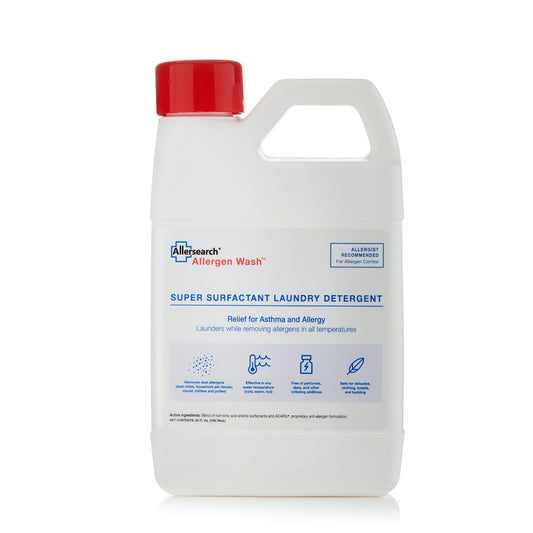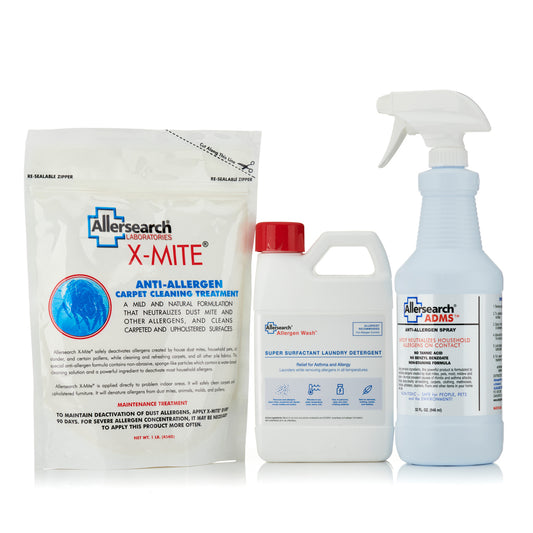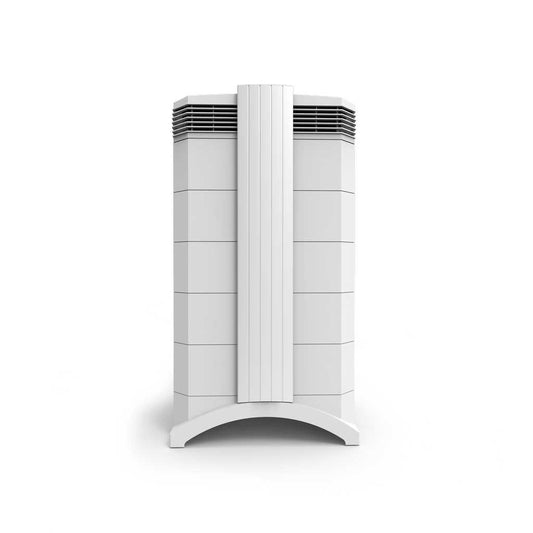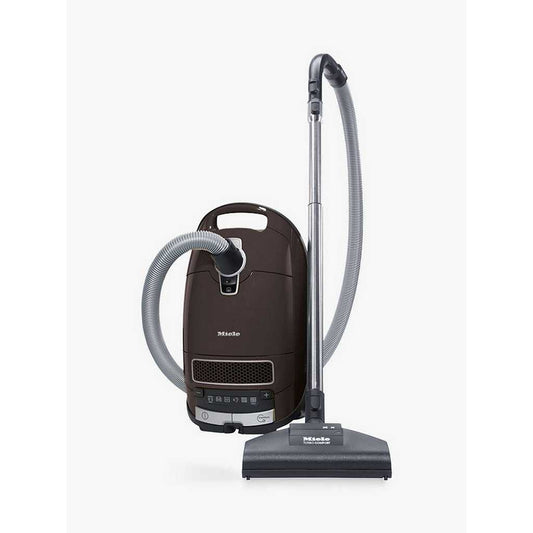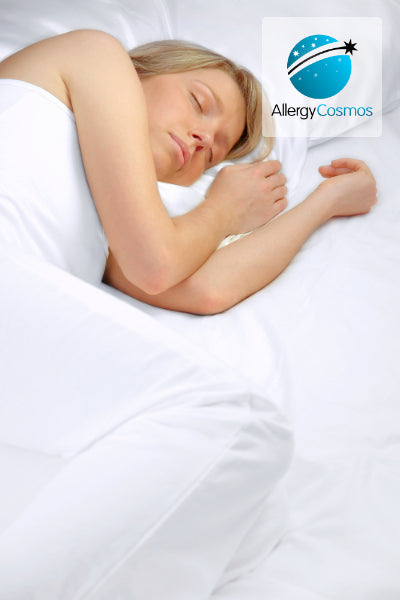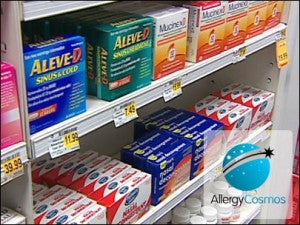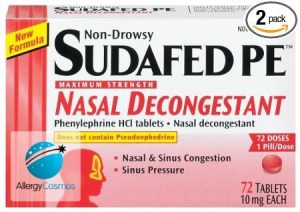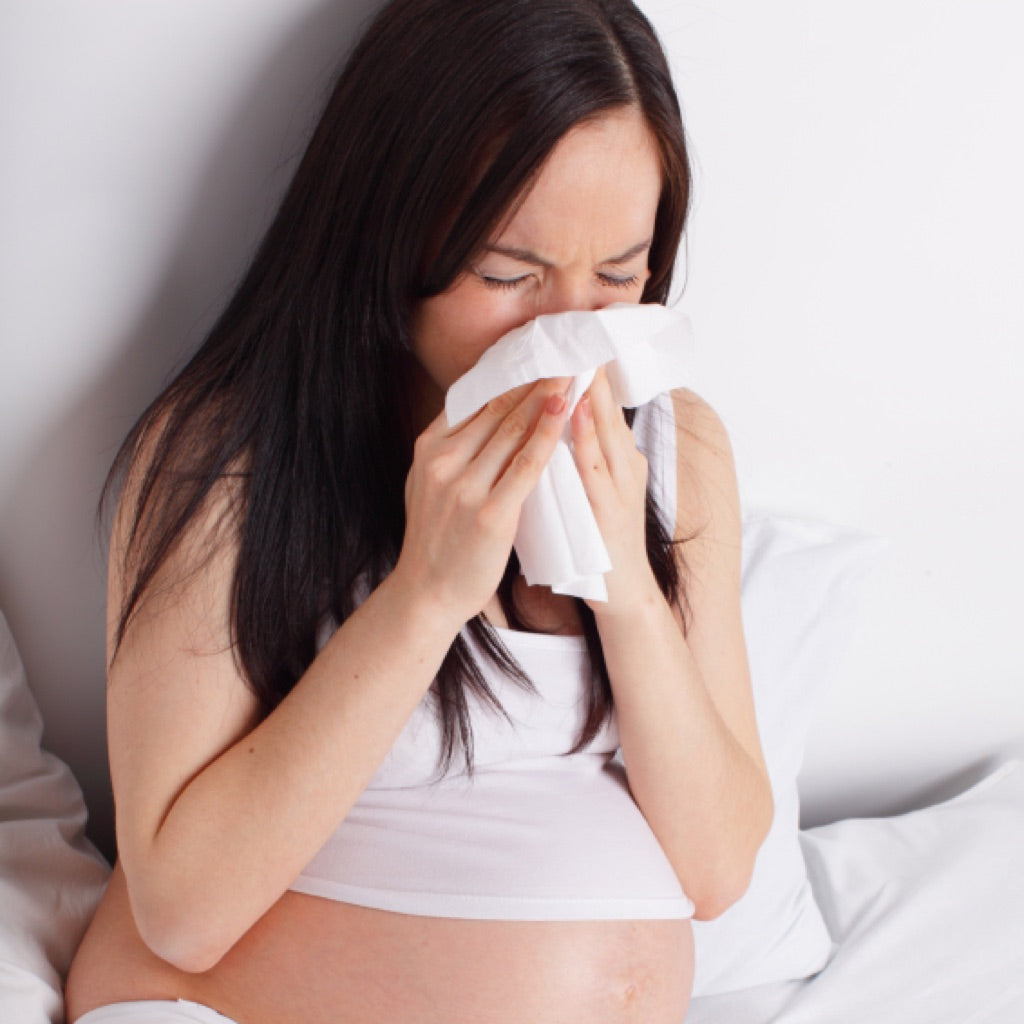
Blocked Nose
A blocked nose affects 10 - 20 per cent of the population. The symptoms of a blocked nose often start in late childhood and tend to mostly affect those aged between 10 and 25 years old. Allergy avoidance is the key to helping prevent blocked nose. There are also a variety of drugs that can help treat a blocked nose, such as antihistamines and steroid nasal sprays.
Frequently Asked Questions
What causes a blocked nose?
What allergens can lead to a blocked nose?
What other symptoms come with a blocked nose?
How can I avoid a blocked nose?
What medical treatments are there for a blocked nose?
Related Products
-
Allersearch Allergen Wash
Regular price £21.95Regular priceUnit price per -
Allergy & Asthma Free Home Package
Regular price £59.95Regular priceUnit price per -
IQAir HealthPro 250 Air Purifier
Regular price £999.00Regular priceUnit price per -
Miele C3 Allergy PowerLine
Regular price £339.00Regular priceUnit price per

